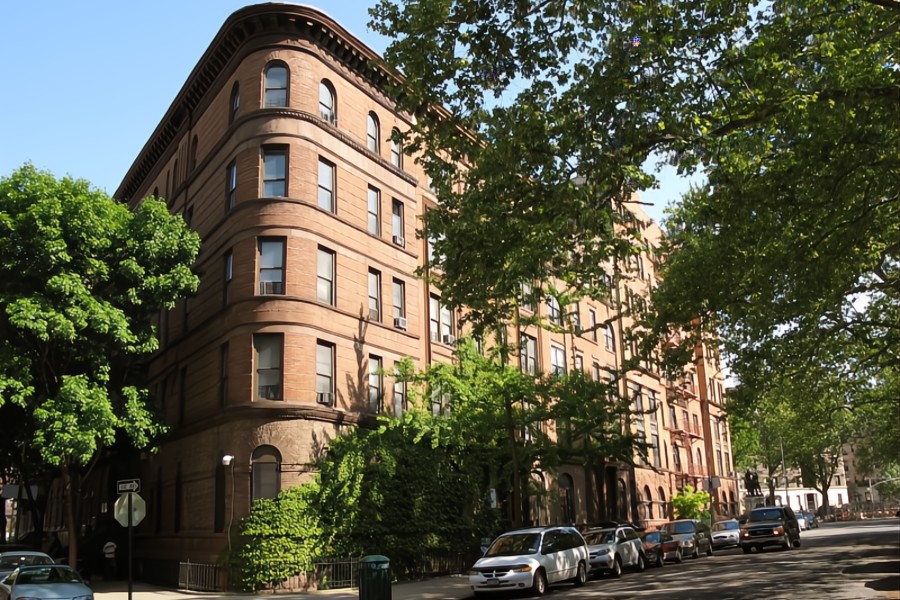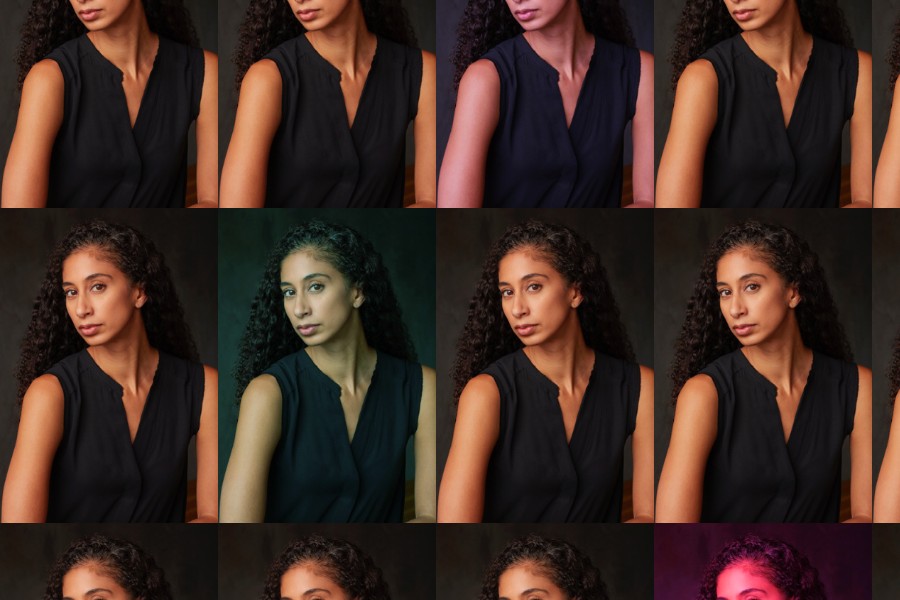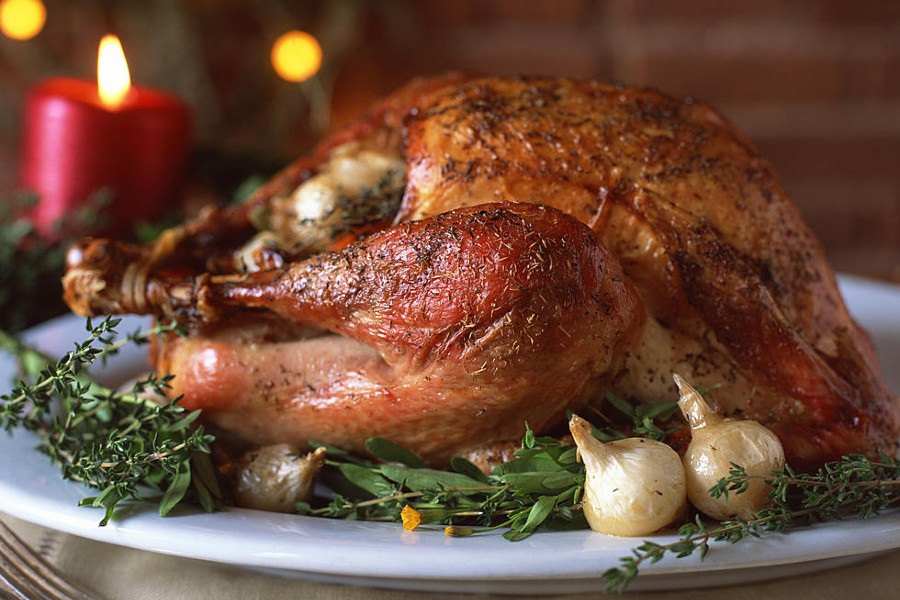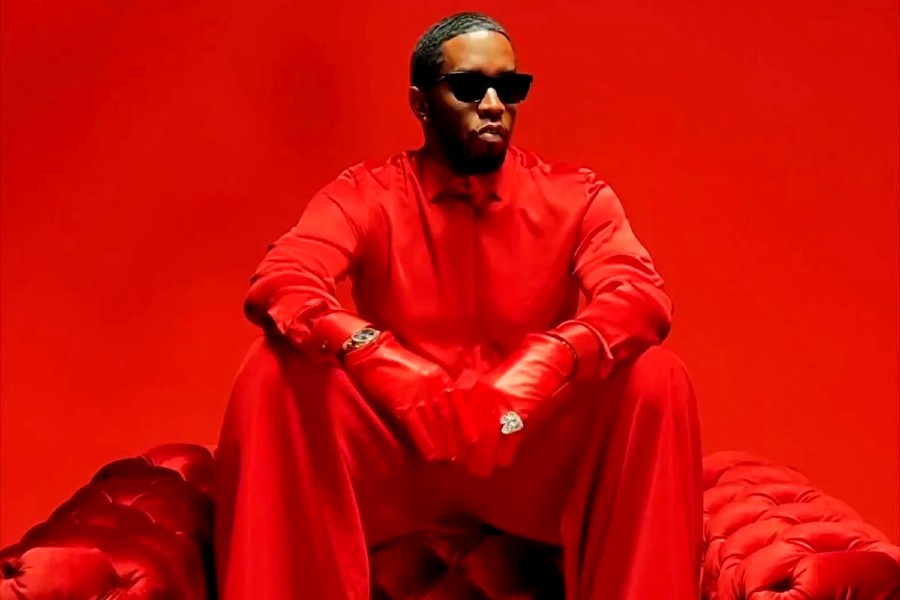By Eartha Watts-Hicks
In the 1990s, thanks to the cross-cultural success of Terry McMillan’s legendary and timeless novel—Waiting to Exhale—the publishing industry finally woke up and welcomed contemporary African-American writers into their doors. The opportunities seemed endless, as new works were introduced from different perspectives with gifted writers who were able to express their unique take on the uncovered aspects of American culture. One such author, Omar Tyree—hailing from Philadelphia as young, Howard University journalism grad—wrote and self-published three novels at a time when doing so was still uncommon. He soon rose quickly up the ladder and earned himself a lucrative contract with a major publishing house, releasing more than a dozen contemporary novels; including the urban classics Flyy Girl, Just Say No, For the Love of Money, Leslie, Diary of a Groupie and The Last Street Novel among several others. Tyree introduced the fresh voices of inner-city America and the perspective of the hip-hop generation to the literary world. Recently, the celebrated, New York Times best-selling author granted us an interview that we will share in three parts.
This is Part 1 of 3:
Eartha Watts-Hicks: Mr. Tyree, please share your thoughts on the current state of the publishing industry, what has impacted it and the new direction you believe the culture of black writing has been heading.
Omar Tyree: Sister Terry McMillan opened opportunities up for a lot of us. Myself, E. Lynn Harris, Bebe Moore Campbell, Connie Briscoe, Eric Jerome Dickey and nearly fifteen others. The publishing houses were giving us deals in the nineties, and there was a lot of good money to be made. We were on book tours and had rock star status. Readers knew our names and knew the titles of our books. Years ago, we were selling hard backs at $25 and could take longer to put a quality book together.
Because of the surge in popularity of self-publishing and digital technology, the market is so diluted nowadays that authors have to write almost three to four books per year to stay active. Readers don’t really know the authors anymore and the books all look and read alike with the same subjects.
Book covers nowadays also reflect that the state of the people, with racy, overtly sexual images, because that’s what the people are reading. And it’s the same designs with nothing original about it—strippers, street girls, racy photography, the same illustrations and clipart. Cover designs are just not original anymore. There are few cover design artists who stand out, because the industry is no longer lucrative in that way. The recent changes in the industry have made it hard on everyone. Content is getting even racier and the number of opportunities to make any real money is dwindling. To sell books now, authors have to hustle and think outside the box like never before.
We are published to sell books, and in order to sell those books, we have to give the readers what they want. But today, readers want to read about the same old drama, and the more the better. And if you ask a reader what they like, they’ll basically name all the components of a mystery, heavy action upfront with plots twists and turns and some type of conclusion at the end, unless it’s a cliffhanger series where you move them on to the next book in the series. Folks really like the element of suspense and surprise in their books now, without ever recognizing that they really have an interest in the suspense genre.
Television and reality shows have also led readers to crave instant gratification and overtop entertainment. We are now in the instant gratification age, where folks are basically like, ‘Entertain me right now before I get bored.’ And everything has to be ramped up to the tenth power. That’s clear across the board now and across genres and cultures with white writers and even children’s books. It’s not just black people. Everybody wants constant excitement now. So that’s forced the writers to create everything overly dramatic and overly excitable just to satisfy the demands of the market.
In the next installment of Part 2, Omar Tyree will discuss the influences of the black male in American Literature and factors contributing to the decrease in the number of African American male authors.
So stay tuned!
URL: www.OmarTyree.com
URL: www.TheTravelerBooks.com
URL: www.EbookNation.com
Twitter: @OmarTyree
LinkedIn: Omar Tyree
Facebook: Omar Tyree
Related articles

Become a Harlem Insider!
By submitting this form, you are consenting to receive marketing emails from: . You can revoke your consent to receive emails at any time by using the SafeUnsubscribe® link, found at the bottom of every email. Emails are serviced by Constant Contact























